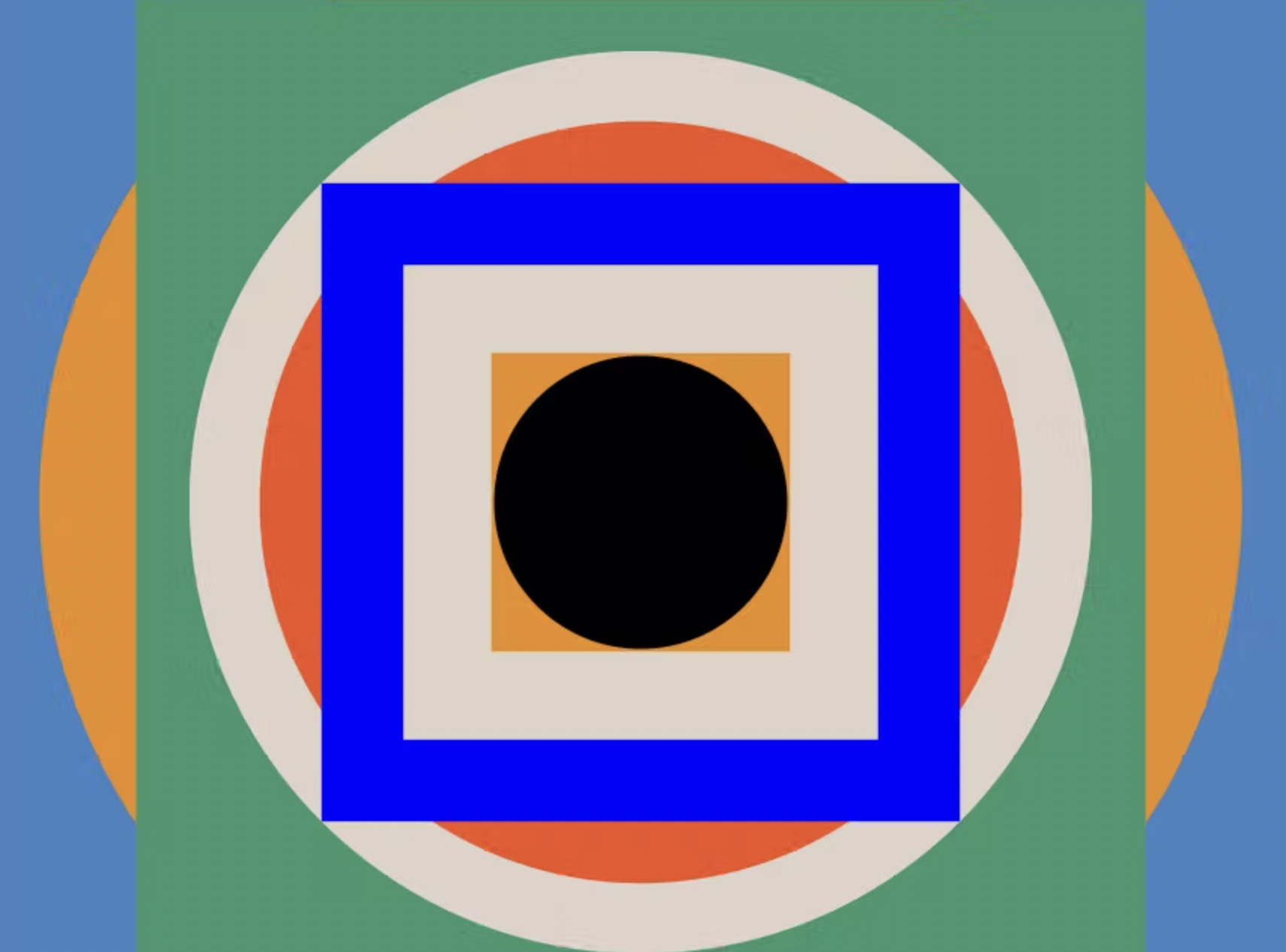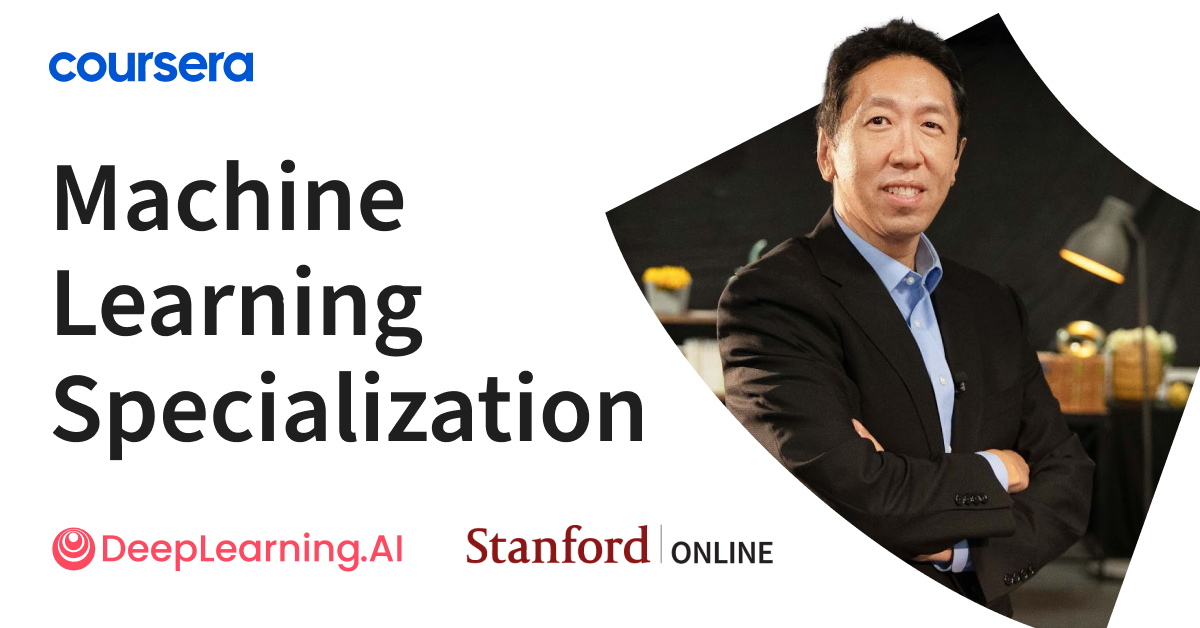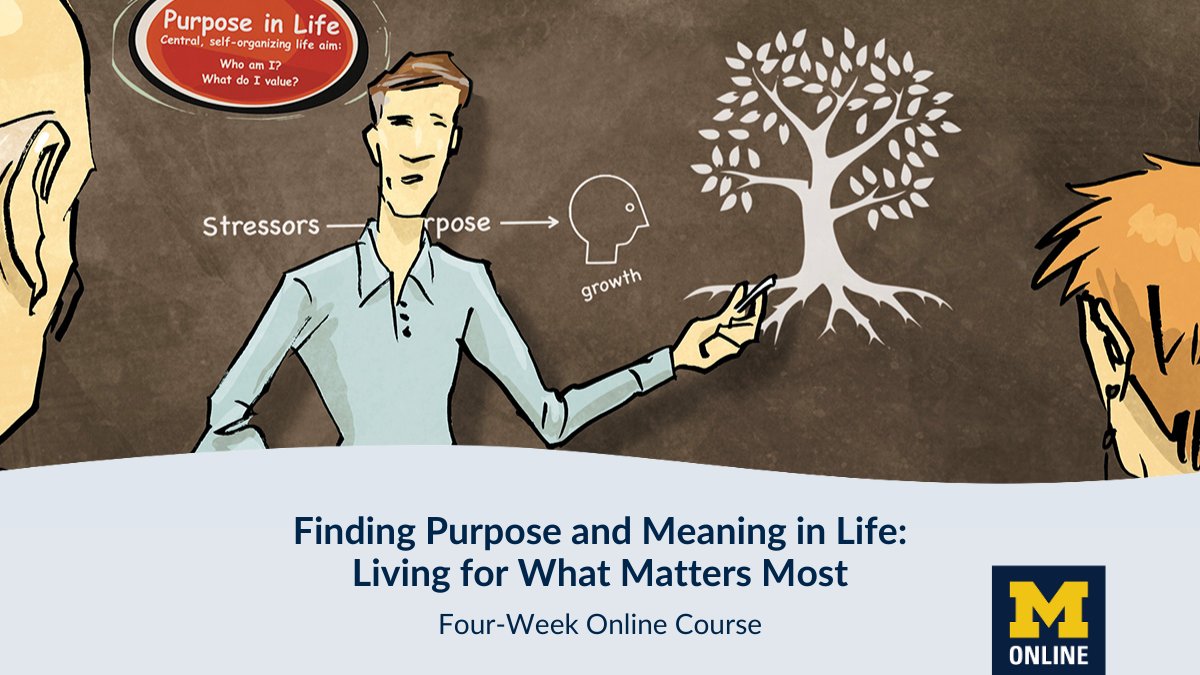When Yayoi Kusama first arrived in New York, in the late nineteen-fifties, she must have sensed that she was in a practically ideal time and place to make abstract art. That would explain why she subsequently began creating a series of large paintings we now know as Infinity Nets, all of which consist solely of patterns of polka dots — or at least what look like patterns, and what look like polka dots, when viewed from a distance. Up close, there’s something quite different going on, something altogether more organic, irregular, and ever-shifting. and the best method of understanding it is to pick up a brush and paint an infinity net of your own.
You can learn how to do that by watching the video above, which comes from Coursera and the Museum of Modern Art’s online course “In the Studio: Postwar Abstract Painting.” In it, painter Corey D’Augustine goes through all the steps of executing a finished canvas in the style of Kusama’s Infinity Nets, which requires little conventional technical skill, but a great deal of patience.
D’Augustine suggests that you “lose yourself in the serial activity” of painting all these tiny shapes “as a way to quiet the mind.” Get deep enough into it, and “you won’t be thinking about your job or your children or whatever it is, whatever kind of stresses you have on your mind normally.
This therapeutic view isn’t a million miles from what Kusama has said of her own motivations for creating art. Even before launching into the Infinity Nets proper, she was painting polka-dot fields out of inspiration given to her by the hallucinations she’d been suffering since the age of ten. Now, at the age of 94, she’s long been a world-renowned artist, one who voluntarily resides at a mental-health facility when not at work in her studio further exploring the very same visual concepts with which she began. You can learn more about Kusama’s life from the material we’ve previously featured here on Open Culture, and if you want to go all the way into her world, there’s always her autobiography, Infinity Net.
Related content:
How Yayoi Kusama, Obsessed with Polka Dots, Became One of the Most Radical Artists of All Time
The MoMA Teaches You How to Paint Like Pollock, Rothko, de Kooning & Other Abstract Painters
New Hilma af Klint Documentary Explores the Life & Art of the Trailblazing Abstract Artist
Wabi-Sabi: A Short Film on the Beauty of Traditional Japan
Steve Martin on How to Look at Abstract Art
Based in Seoul, Colin Marshall writes and broadcasts on cities, language, and culture. His projects include the Substack newsletter Books on Cities, the book The Stateless City: a Walk through 21st-Century Los Angeles and the video series The City in Cinema. Follow him on Twitter at @colinmarshall or on Facebook.






